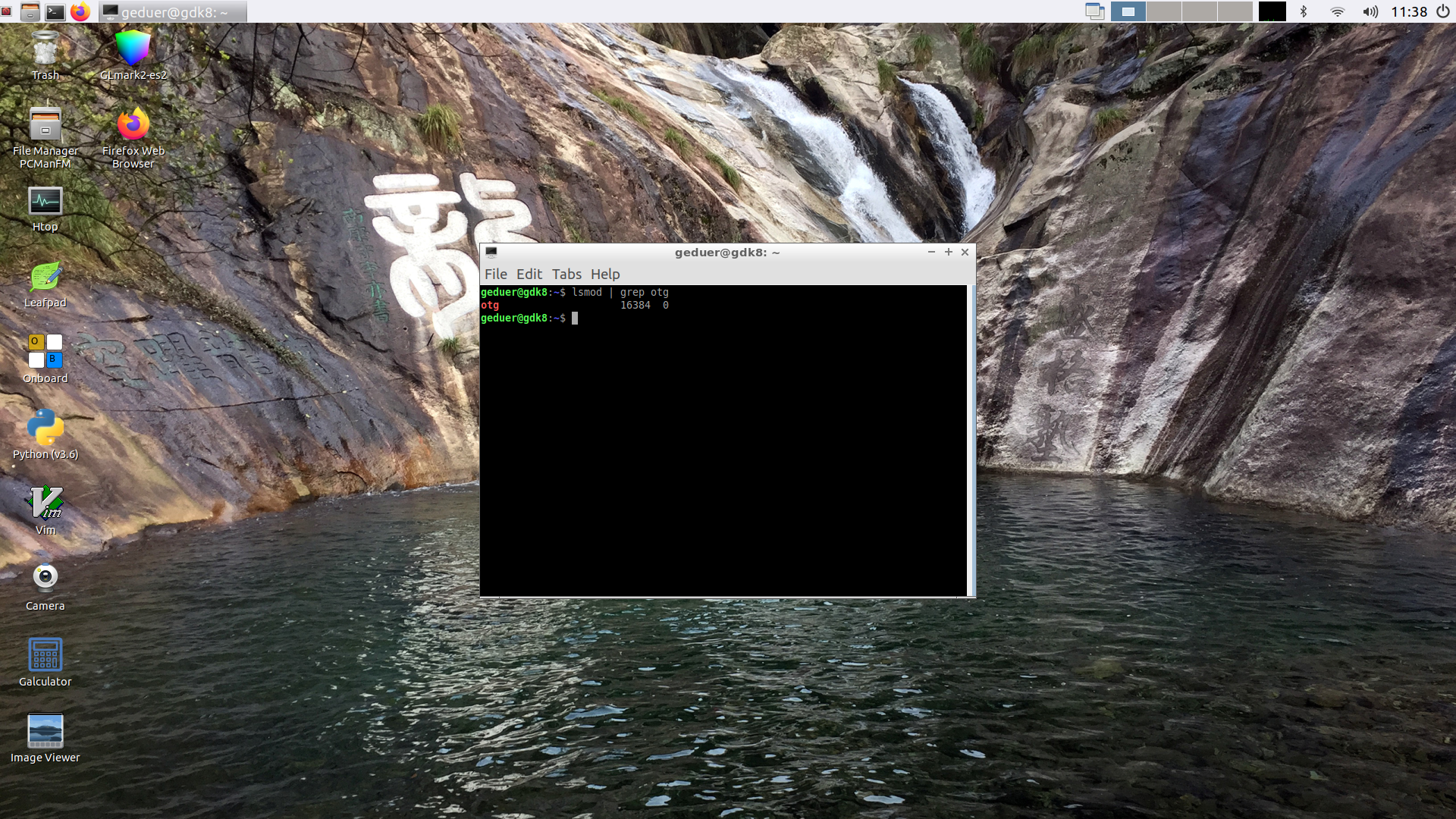使用GDK8编译驱动
主要步骤:
- 编写一个小的驱动程序,如下所示。
#include <linux/module.h>
#include <linux/fs.h>
#include <linux/proc_fs.h>
#include <linux/version.h>
#include <linux/kernel.h>
#include <linux/init.h>
static struct proc_dir_entry *proc_otg_entry = NULL;
static ssize_t proc_otg_read(struct file *filp, char __user *buf, size_t count, loff_t *offp)
{
int n = 0, ret;
char secrets[100];
sprintf(secrets, "kernel secrets %s\n", filp->f_path.dentry->d_iname);
n = strlen(secrets);
if(*offp < n)
{
*offp = n+1;
ret = n+1;
}
else
ret = 0;
return ret;
}
static ssize_t proc_otg_write(struct file *file, const char __user *buffer,
size_t count, loff_t *data)
{
char cmd[100] = { 0x00 };
int i = 0;
if (count < 1)
{
printk("count <=1\n");
return -1;
}
if (count > sizeof(cmd))
{
printk("count > sizeof(cmd)\n");
return -2;
}
return i;
}
#if LINUX_VERSION_CODE >= KERNEL_VERSION(5,6,0)
static const struct proc_ops proc_otg_fops = {
.proc_read = proc_otg_read,
.proc_write = proc_otg_write,
};
#else
static const struct file_operations proc_otg_fops = {
.owner = THIS_MODULE,
.read = proc_otg_read,
.write = proc_otg_write,
};
#endif
static int __init otg_init(void)
{
proc_otg_entry = proc_create("otg_usb", 0, NULL, &proc_otg_fops);
return 0;
}
static void __exit otg_exit(void)
{
if(proc_otg_entry)
proc_remove(proc_otg_entry);
}
module_init(otg_init);
module_exit(otg_exit);
MODULE_LICENSE("GPL");- 编写一个简易的Makefile;如下所示。
MODULE = otg
obj-m := $(MODULE).o
all:
make -C /lib/modules/$(shell uname -r)/build M=$(shell pwd) modules
$(MODULE)-objs := main.o otg.o
clean:
rm -rf *.o *~ .*.cmd *.ko *.mod.c *.order *.symvers .tmp_versions built-in.o- 在命令行内执行make,进行编译,等待完成编译;如下所示。

- 在命令行内输入insmod otg.ko,加载内核模块;可以输入lsmod | grep otg查看信息;如下图所示。

作者:admin 创建时间:2021-11-26 11:05
最后编辑:admin 更新时间:2025-10-31 13:32
最后编辑:admin 更新时间:2025-10-31 13:32
